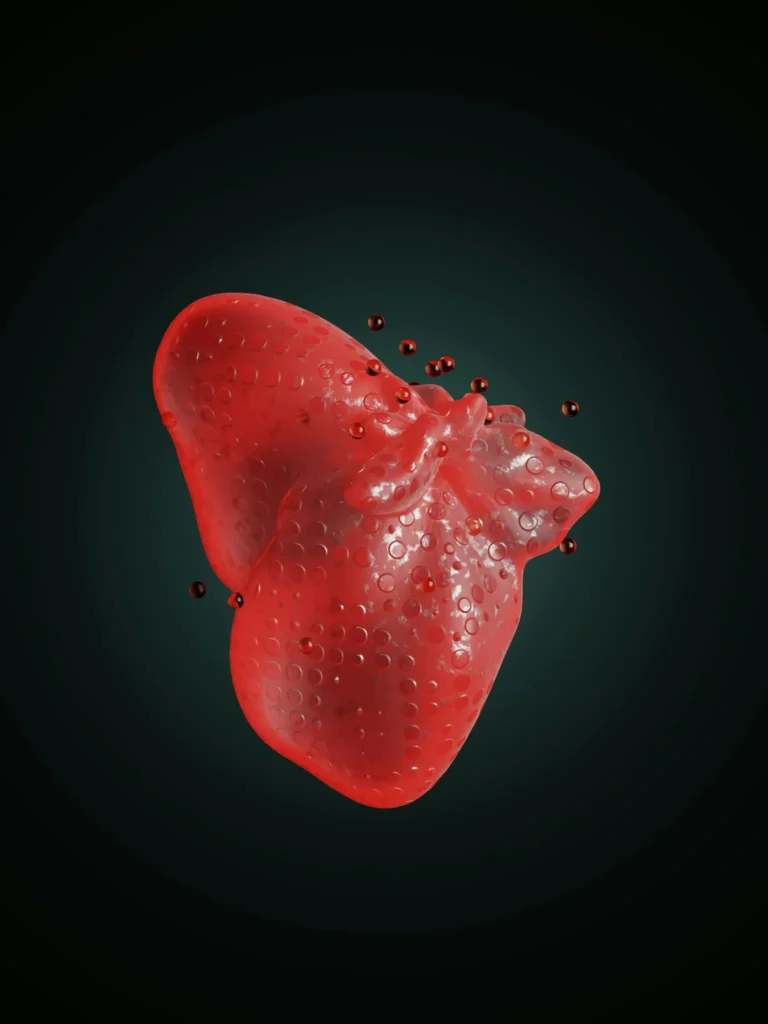The liver is one of the most important organs in the body, responsible for a variety of critical functions such as detoxification, metabolism, and the production of essential proteins. Liver enzymes play a crucial role in these processes, as they are responsible for breaking down substances in the liver and aiding in its overall function. Understanding the importance of liver enzymes and how to keep them in check is essential for maintaining a healthy liver and overall well-being.
What are Liver Enzymes?
Liver enzymes are proteins that facilitate chemical reactions in the liver, helping to break down substances such as fats, proteins, and carbohydrates. There are several different types of liver enzymes, including alanine transaminase (ALT), aspartate transaminase (AST), alkaline phosphatase (ALP), and gamma-glutamyl transferase (GGT). These enzymes are released into the bloodstream when the liver is damaged or inflamed, making them important indicators of liver health.
Why do Liver Enzymes Matter?
Liver enzymes are important because they provide valuable information about the health of the liver. When liver enzymes are elevated, it can indicate that the liver is under stress or experiencing damage. Elevated levels of ALT and AST, for example, are often seen in conditions such as hepatitis, cirrhosis, and fatty liver disease. Elevated levels of ALP and GGT, on the other hand, can indicate conditions such as bile duct obstruction or liver cancer.
Monitoring liver enzymes is important for detecting liver disease early and preventing further damage. By keeping liver enzymes in check, individuals can reduce their risk of developing serious liver conditions and improve overall liver health.
How to Keep Liver Enzymes in Check
There are several steps individuals can take to keep their liver enzymes in check and maintain a healthy liver. These include:
1. Maintain a Healthy Diet: Eating a balanced diet that is rich in fruits, vegetables, whole grains, and lean proteins can help support liver health. Avoiding processed foods, sugary drinks, and excessive alcohol consumption can also help keep liver enzymes in check.
2. Exercise Regularly: Regular physical activity can help maintain a healthy weight and reduce the risk of fatty liver disease, which can lead to elevated liver enzymes. Aim for at least 30 minutes of moderate exercise most days of the week.
3. Limit Alcohol Consumption: Excessive alcohol consumption can lead to liver damage and elevated liver enzymes. Limiting alcohol intake to no more than one drink per day for women and two drinks per day for men can help protect the liver.
4. Avoid Toxins: Exposure to toxins such as pesticides, chemicals, and certain medications can increase the risk of liver damage. Avoiding these toxins whenever possible can help protect liver health.
5. Get Regular Check-ups: Regular visits to a healthcare provider can help monitor liver enzymes and detect any abnormalities early. Individuals with a family history of liver disease or risk factors for liver damage should be especially vigilant about getting regular check-ups.
FAQs
Q: What causes elevated liver enzymes?
A: Elevated liver enzymes can be caused by a variety of factors, including liver disease, alcohol consumption, medications, obesity, and viral infections.
Q: Can liver enzymes be lowered naturally?
A: Yes, maintaining a healthy diet, exercising regularly, limiting alcohol consumption, and avoiding toxins can help lower liver enzymes naturally.
Q: How often should liver enzymes be checked?
A: Liver enzymes should be checked regularly as part of routine blood tests. Individuals with risk factors for liver disease may need to have their liver enzymes checked more frequently.
Q: What should I do if my liver enzymes are elevated?
A: If your liver enzymes are elevated, it is important to follow up with a healthcare provider to determine the underlying cause and develop a treatment plan. Depending on the cause, lifestyle changes, medications, or other treatments may be recommended.
In conclusion, liver enzymes play a crucial role in maintaining liver health and overall well-being. By understanding the importance of liver enzymes and taking steps to keep them in check, individuals can reduce their risk of developing liver disease and improve their overall health. Regular monitoring of liver enzymes, along with a healthy lifestyle, can help ensure optimal liver function and prevent further damage. If you have any concerns about your liver health or liver enzymes, be sure to consult with a healthcare provider for personalized advice and recommendations.

